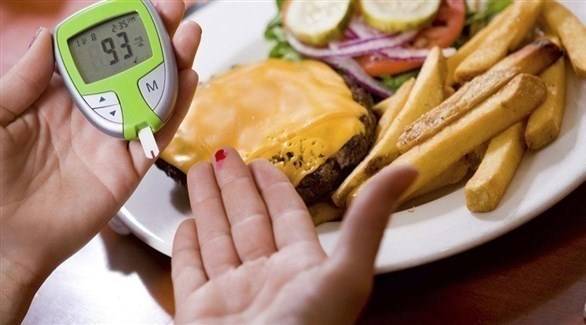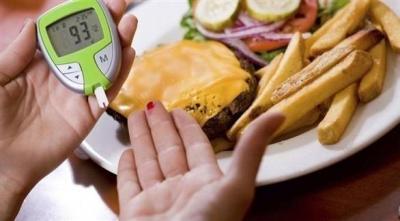Diabetic patients, in particular, need to take extra precautions during the fasting of Ramadan, but only after obtaining their doctor's approval to fast according to their health condition. There is no reason to prevent them from fasting healthily and safely as long as they adhere to a set of guidelines, according to a medical consultant from Imperial College London's Diabetes Center.
Dr. Farhana Bin Lootah, a consultant in internal medicine at the healthcare center affiliated with Mubadala, provided a set of recommendations that diabetic patients should follow to be fully prepared for fasting during the holy month while feeling secure.
1. **Consult Your Doctor**
- Some diabetic patients may be advised against fasting, so consult your doctor to see if you can fast according to your health condition.
- The doctor or the diabetes care team will provide the appropriate advice on how to adjust medication or insulin doses and help you modify your diet to fit the fasting and meal times during Ramadan.
- Even if your doctor allows you to fast, it is important to communicate with them if you feel unwell, fatigued, or experience any other symptoms during fasting, especially if you are on prescribed medications.
2. **Ensure Spaced Meals After Iftar**
- Resist the urge to constantly eat from Iftar until the pre-dawn meal. You should establish a regular and spaced meal schedule.
- Break your fast with a light snack like water and dates, then have a balanced meal about an hour later, and before dawn, have your Suhoor meal. If you feel hungry during the night (between Iftar and Suhoor), you can have one or two small light snacks like a piece of fruit, a handful of raw nuts, or a cup of yogurt without added sugar.
- Make sure not to skip either the Iftar or Suhoor meals.
3. **Choose Your Meals Wisely**
- Include protein in every meal, as it helps you feel fuller. A nutritionist can assist you in calculating your body's protein needs.
- It is advisable to include fruits, vegetables, and yogurt in your meals.
- Choose healthy fats such as avocado, olive oil, and fish.
- Opt for complex carbohydrates like whole grain bread, nuts, and brown rice, which are digested slowly, instead of simple carbohydrates such as cakes, white bread, and pastries that can lead to spikes in blood sugar.
4. **Stay Hydrated**
- You must drink enough fluids (sugar-free), especially water, to avoid dehydration during fasting hours. Water and fiber-rich foods, along with exercise, are key to preventing constipation during Ramadan.
- Do not succumb to the urge to drink sugary beverages, as sudden spikes in your dietary sugar can lead to increased glucose levels in the blood, potentially requiring medical intervention.
5. **Practice Moderate Exercise During the Day**
- Moderate daily physical activity is a healthy option for diabetic patients.
- Walking is one of the most recommended activities for patients.
- Avoid excessive exercise while fasting.




